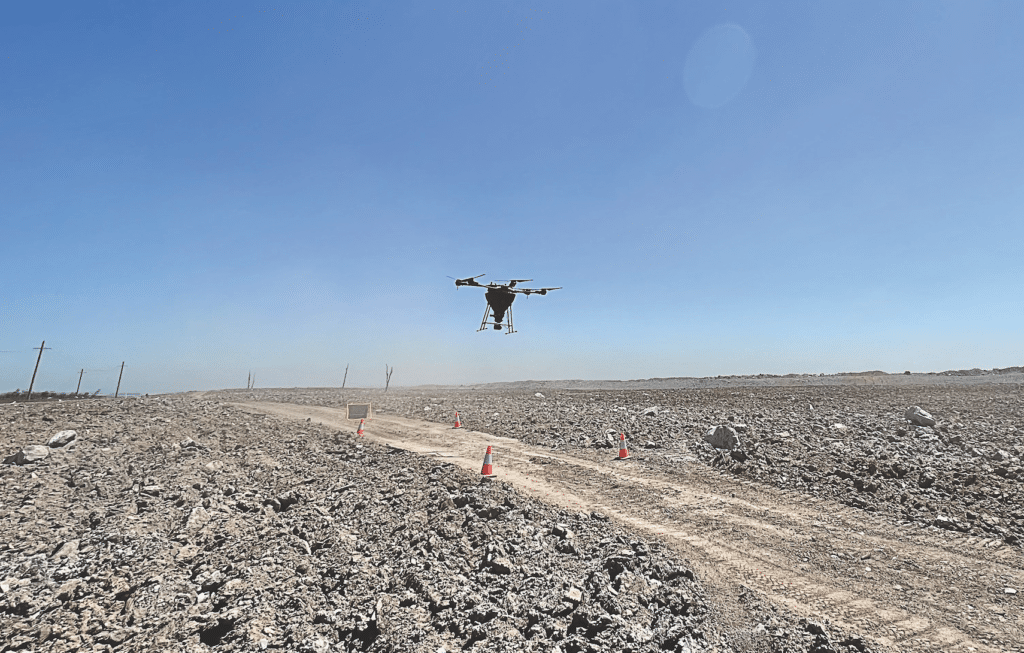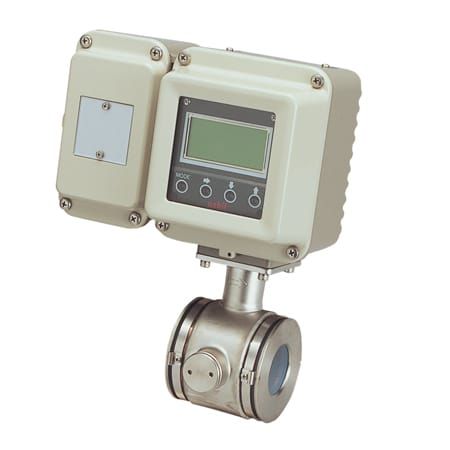Battery metal miners lack serious policies on informed consent — report
Many companies mining battery metals do not have the necessary policies in place to respect the rights of the communities impacted by their activities, especially Indigenous communities, a recent report by Oxfam has found.
Based on the analysis of the policies of 43 mining companies on several intersecting issues related to human rights due diligence, gender justice, and the protection of human rights defenders in the mining sector, the international NGO concluded that the battery metals mining sector’s approach to free, prior, and informed consent (FPIC) is not yet ready to support a just energy transition.
In Oxfam’s view, taking a look at this issue is urgent as recent global studies with large data sets of mining projects have found that an estimated 50% to 80% of the minerals and metals needed for the transition into greener economies are located on or near the lands of aboriginal peoples.
“Rechargeable batteries can unlock a much-needed energy transformation, helping electrify trucks, cars, and trains and providing storage renewable energies, but we must learn from the mistakes of the past and ensure the risks and dangers of impacted communities where mining occurs are fully taken into account and done with their consent,” Scott A. Sellwood, Oxfam’s policy lead for human rights and extractives, said.
“In our collective pursuit for a more just energy transition, mining companies must break free from a history of violence and abuse that has undermined Indigenous communities.”
Free, prior, and informed consent is defined as the principle that Indigenous peoples and local communities must be adequately informed about projects that affect their lands in a timely manner that is free of coercion and manipulation. As part of this, they should be given the opportunity to approve or reject a project prior to the commencement of all activities, using a collective decision-making process they themselves select.
More than half of the 43 companies evaluated in the report, which are engaged in the exploration and production of lithium, cobalt, nickel, graphite and copper, have policy commitments to respect the rights of Indigenous peoples. However, only 13 firms make explicit reference to FPIC.
Companies such as China Molybdenum, Talga Group, Glencore, BHP, Freeport, Vale, Antofagasta, Rio Tinto, Teck Resources, First Quantum Minerals, Nouveau Monde Graphite, Livent, SQM, Albemarle, Ganfeng Lithium, Nornickel, South32 were assessed, among many others.
The document finds problematic the fact that almost all of these companies’ commitments to FPIC are qualified with language such as “seek to achieve” or “aim to achieve.” For Oxfam, this “leaves open the possibility that if consent is not provided, they will simply move ahead with their projects regardless. Only two companies have clear and unequivocal public commitments to respect FPIC.”
Consent from early on
The report also found that across all the resources assessed, the public commitments of smaller or junior companies are falling short of international norms and societal expectations, suggesting that FPIC is still not seen as a priority by boards, CEOs, or investors in these companies. This is particularly the case of companies operating in the cobalt and graphite sectors, notwithstanding there are some firms producing them with strong policy commitments.
“Across all the minerals assessed, company policies often seem most focused on ensuring alignment with the domestic laws in the countries where they operate and not necessarily on ensuring they meet or exceed international human rights norms and standards,” the dossier reads.
“Investment in community consent needs to start at the earliest stages of projects, and companies involved in exploration have a critical role to play in ensuring any mining for clean energy infrastructures is rights-respecting. Building trust with affected communities and implementing consultation, consent, and benefit-sharing processes take time.”
Oxfam points out that the absence of consent at the earliest stage of project development creates material financial risks for companies and investors down the line.
“As projects move from exploration through project financing and construction phases, unless community consent has been prioritized and adequately resourced, the incentives for all actors to move quickly to completion and production often overlook or sideline trust-building and land rights concerns,” the report states.
The international NGO recognizes that major lithium producers are some of the first to undertake credible, third-party assurance of their social and environmental performance, including FPIC implementation, in accordance with the Initiative for Responsible Mining Assurance (IRMA).
When it comes to nickel, however, there’s significant variation in the quality of policy commitments.
“Taken all together, these findings indicate that end users looking to produce or use responsibly sourced batteries will struggle to do so. Greater focus is needed from investors and regulators to create the conditions for mining companies to go beyond minimum legal requirements in national laws,” the paper notes.
Human rights
The assessment also found that half of the companies surveyed have human rights policies, but more companies need to detail their human rights due diligence process and commit to disclosing regularly and proactively how they are performing.
Out of the 43 companies surveyed, only eight publicly recognize the legitimacy of human rights defenders and have zero tolerance for any form of retaliation against those defenders.
“While it is encouraging to see the uptake in human rights due diligence by the mining industry, companies supplying raw minerals for clean energy projects need to increase their ambition and unequivocally commit not to proceed with mining projects if they do not receive community consent,” Sellwood said. “There should be no trade-offs between respecting Indigenous rights or the rights of frontline communities and acting urgently to tackle the climate emergency.’
For the Oxfam representative, global climate action cannot be used to justify further harm and human rights abuses of Indigenous and rural communities where battery metals are mined.
“Decarbonizing our global economy and transitioning to renewable power is urgently needed if we are to avert climate catastrophe, but we can’t do it on the backs of those already most impacted by climate change,” he said.
Source: www.mining.com


